The use of two surnames is mandatory in Spain and in almost all Spanish-speaking countries and they are always preserved.
Spaniards have two surnames on their passports and are identified with them from birth and for life.
The use of both surnames is normal both in Spain and in almost all Spanish-speaking countries.
Actually, it is an exception that occurs in very few parts of the world, in fact, in the vast majority of foreign countries it is usually seen as a curiosity.
Hispanics put the father’s last name first and then the mother’s, although it has been possible for some years to reverse the order.
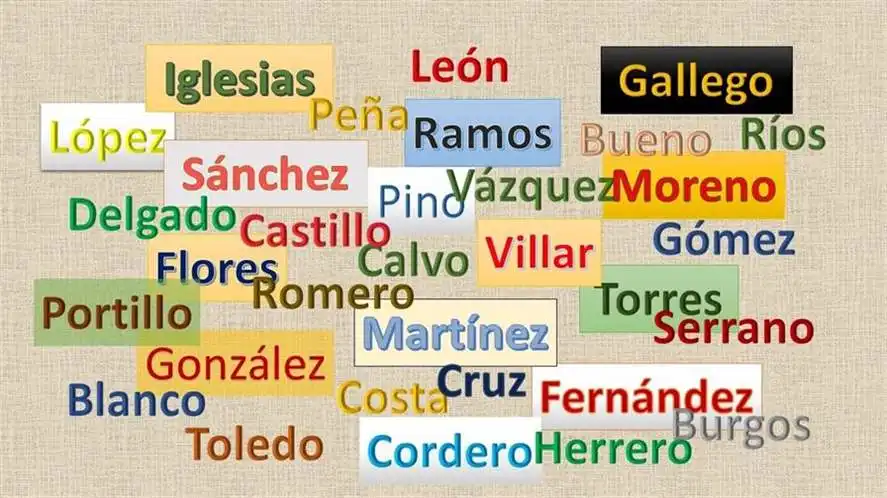
Why do Spaniards have two surnames?
Regarding the origins of surnames in Spain, there was no established rule until well into the 19th century.
Thus, in 1871, with the new law on civil registration, every citizen was obliged to register with two surnames.
And so, this custom of using the two surnames was officially extended to all of Spain. Because of this, the Spanish have two surnames.
Regarding the origin of the surnames, there are many Hispanic surnames with the ending “ez”, such as Sánchez, González, Fernández, etc.
This ending means “son of”, so Sánchez is the son of Sancho, González is the son of Gonzalo and Fernández is the son of Fernando. Something similar happens in other countries, as is the case with surnames such as Johnson or McDonald.
Others have their origin in the family trade such as Blacksmith or Zapatero, in a place like Valencia or Seville, in physical characteristics such as Rubio, Moreno, Calvo, etc.
Another curiosity about Hispanics and surnames is that Spanish and Latin American women never lose their surname when they get married and they continue to call themselves the same throughout their lives.
More information and references:
- es.wikipedia.org-Surnames in Spain. Available Here
- es.wikipedia.org-Civil Registry (Spain). Available Here
- docelinajes.org-Historical origin of the surname in Spain. Available Here
- genealogiahispana.com- The Civil Registry of 1841-1870, 30 years of provisionality. Available Here


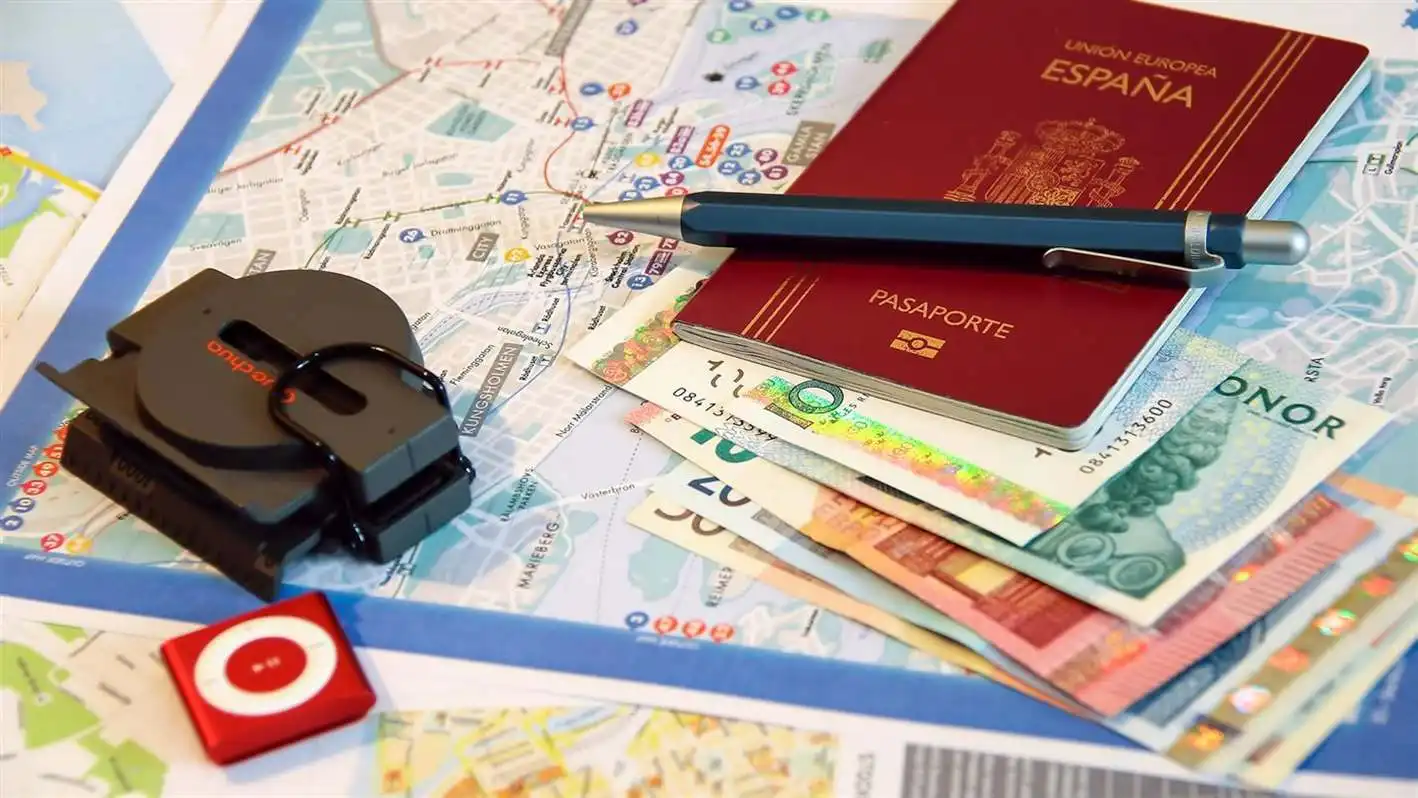



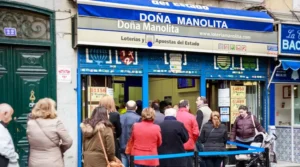





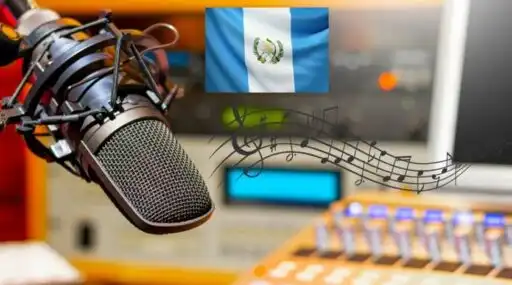


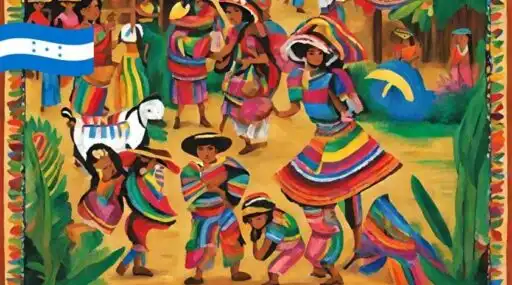

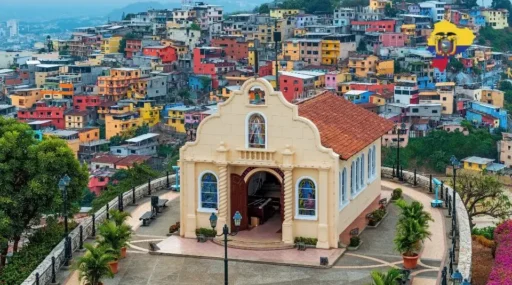
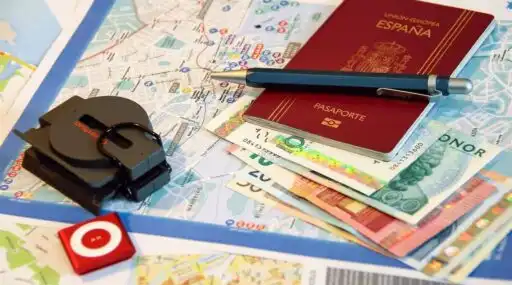
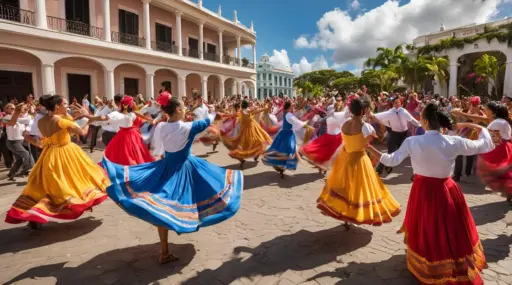

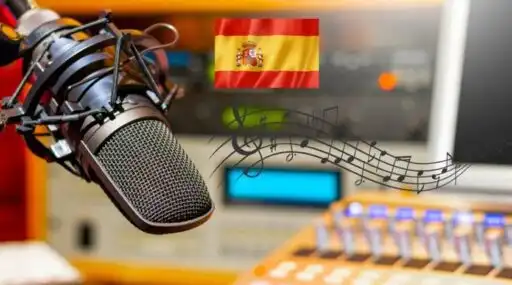
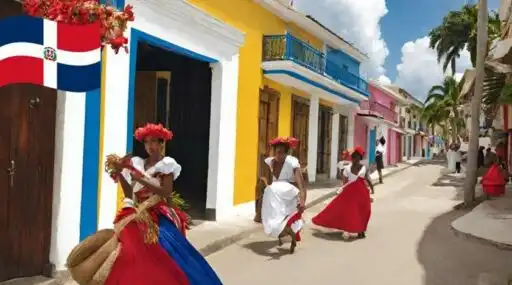

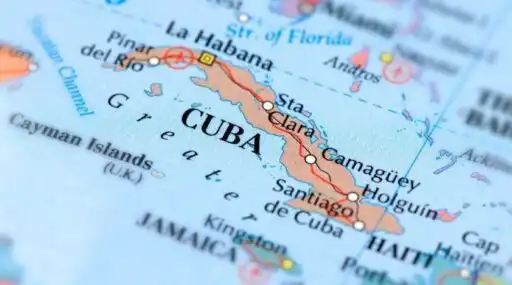
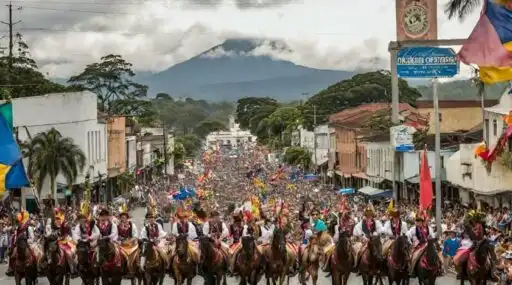
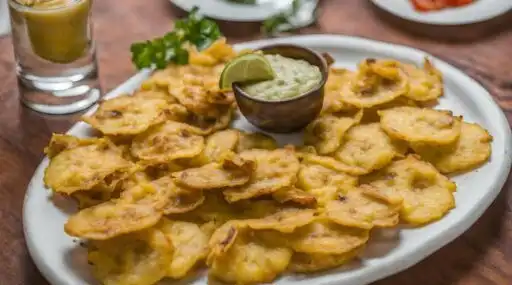
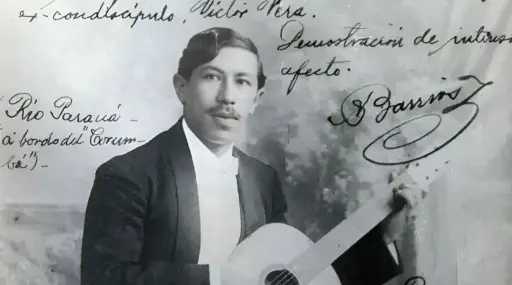


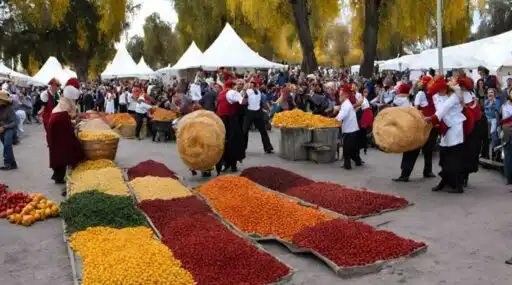



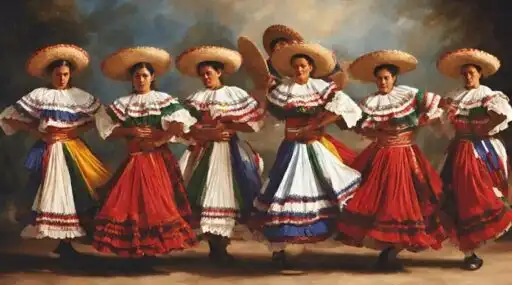


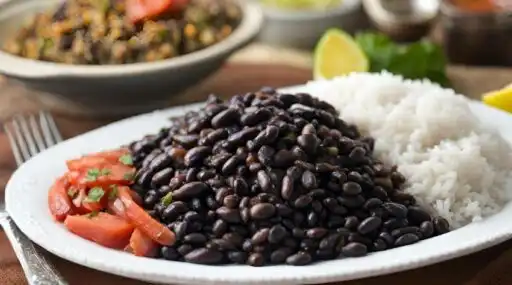
Leave a Reply